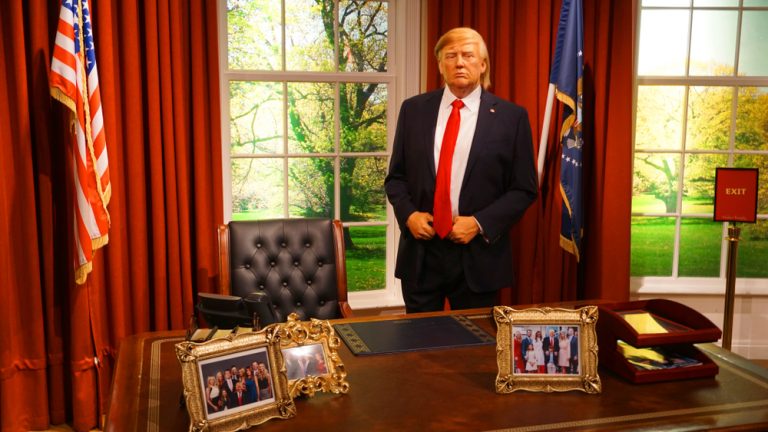
When to Consult a Professional
While many people can successfully create a medical directive using state-approved forms, there are situations where consulting a professional is not just helpful, but essential. An experienced attorney can provide personalized guidance, ensure your documents are ironclad, and help you navigate complex personal or legal circumstances.
Do I Need a Lawyer to Create a Medical Directive?
The short answer is no, you do not always need a lawyer. Most states have statutory forms that are legally valid if filled out and executed correctly (i.e., signed with the proper witnesses or notary). For individuals with straightforward wishes and simple family situations, these forms can be perfectly adequate.
However, an attorney specializing in elder law or estate planning offers much more than just a form. They provide counsel. They can help you think through difficult scenarios you might not have considered, use precise legal language to prevent loopholes, and tailor the document to your unique needs. Think of it as the difference between buying a suit off the rack and having one custom-tailored; both will cover you, but one is a perfect fit.
Situations Where an Attorney Is Highly Recommended
You should strongly consider seeking professional legal help if any of the following apply to you:
- Complex Family Dynamics: If you anticipate disagreement among your family members about your care, an attorney can help draft a document that is especially clear and forceful. This can empower your healthcare agent and reduce the likelihood of a legal challenge from dissenting relatives. This is particularly important in blended families or if you are choosing an agent who is not a family member.
- Specific or Unusual Wishes: If you have very specific instructions about your care, or wishes that might be considered unusual, an attorney can ensure they are articulated in a legally enforceable way. They can help you phrase your desires to avoid ambiguity.
- You Have Questions or Are Unsure: The process of creating a medical directive can bring up many questions. If you are uncertain about any aspect of the document, what certain treatments entail, or the legal implications of your choices, an attorney can provide the clarity and peace of mind you need.
- Integrating with a Larger Estate Plan: A medical directive is one piece of a comprehensive estate plan. An attorney can help you ensure that your healthcare proxy, living will, financial power of attorney, and last will and testament all work together harmoniously.
- Concerns About State Laws: If you split your time between states (for example, you are a “snowbird”), an attorney can help you create documents that are more likely to be honored in both locations, navigating any differences in state law.
Finding the Right Professional
If you decide to seek professional help, look for an attorney who specializes in elder law or estate planning. These lawyers have specific expertise in advance directives and related matters. You can find a qualified attorney through your state’s bar association referral service or through the National Academy of Elder Law Attorneys (NAELA).
During your consultation, a good attorney will do more listening than talking. They will ask you about your values, your family, and your fears. Their job is not to tell you what to do, but to help you create a document that is a true and legally sound reflection of what you want.
For tax-related topics, refer to the IRS. For information on Social Security, visit the Social Security Administration.
Ultimately, the decision to use an attorney is a personal one. The most important thing is that you do not let indecision stop you from creating a medical directive altogether. A completed standard form is infinitely better than no directive at all.




